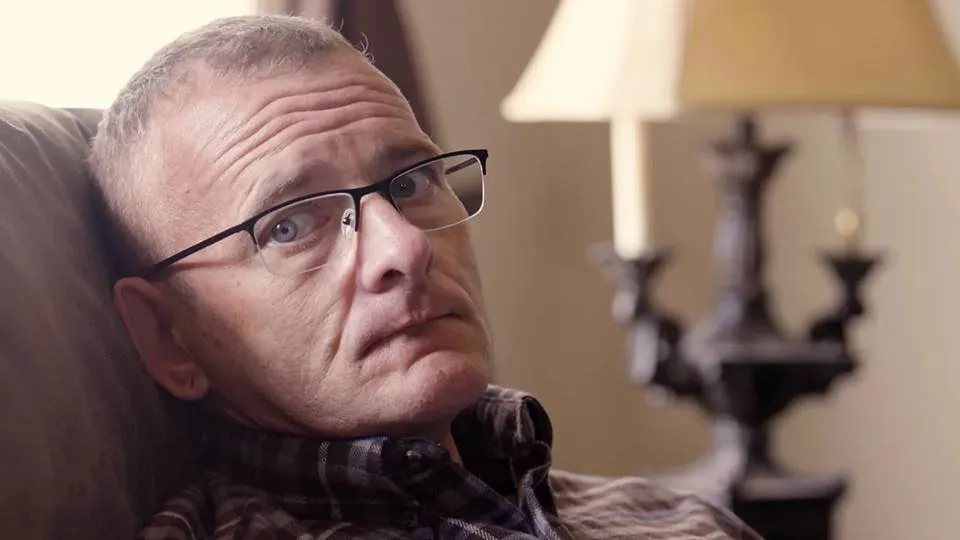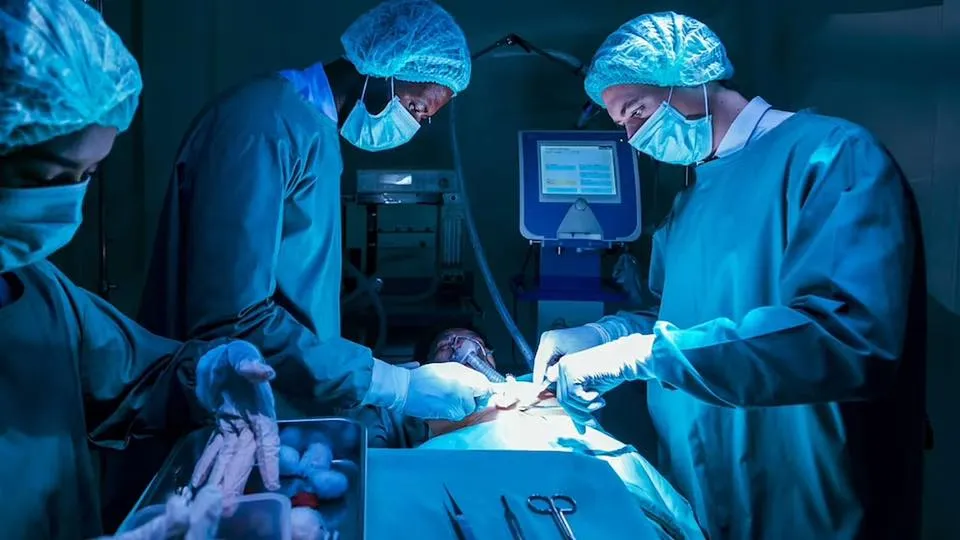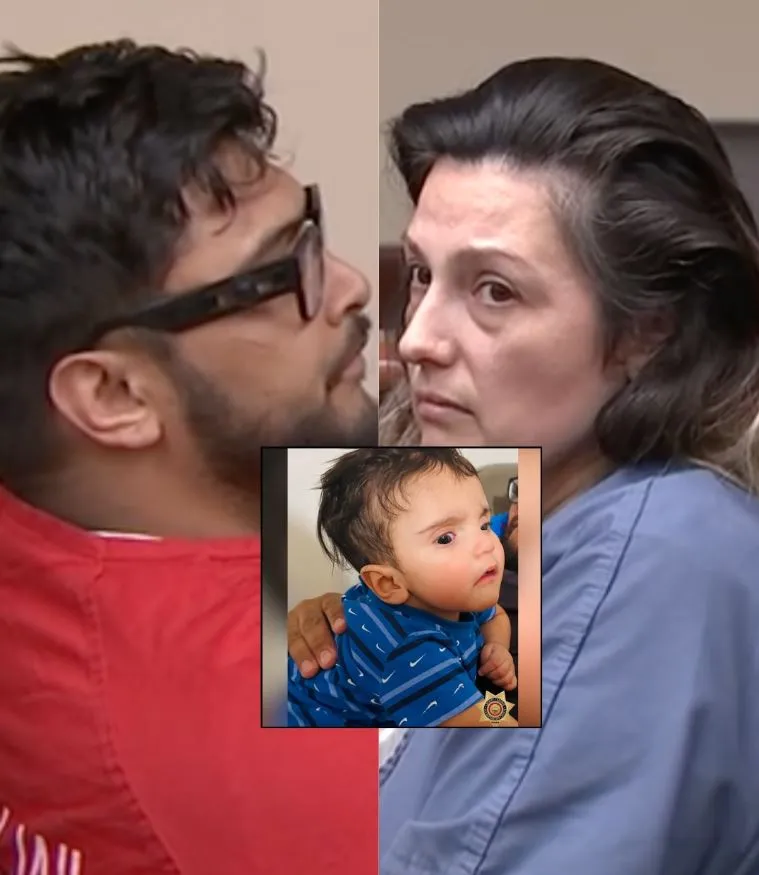
Hoover was rushed to the emergency room in 2021 after an overdose. Doctors declared him brain dead and eligible to donate organs, although his medical records showed that Hoover was still responsive to stimuli, making eye contact and shaking his head. Luckily, he woke up just as the surgical team was cleaning his body in preparation for organ removal. A surgeon on the surgical team stopped the procedure when he noticed Hoover's reflexes.
He survived, now lives with his sister in Richmond, Kentucky, and shares his story on TikTok. Hoover's story shocked the world and sparked a large-scale federal investigation into the US organ donation system.
From this investigation, authorities discovered that an organ donation organization had been performing the procedure of removing organs from people who still showed signs of life, sparking outrage among the public and experts. The investigation found that this behavior violated medical ethics standards and deeply warned about the transparency and safety of the current organ donation system. What happened to TJ Hoover is just the tip of the iceberg.
Another case that continues to raise concerns in the American medical and social community is Misty Hawkins. In the spring of 2024, Hawkins was still a lively, humorous 42-year-old woman who loved the Thunder Beach motorcycle race. However, an accident while eating caused her to choke and fall into a coma. Her mother was forced to make a difficult decision: to remove the ventilator and donate her daughter's organs. At Flowers Hospital in Alabama, the surgical team quickly prepared to receive Hawkins' organs, because if left any longer, the organs could no longer be used.
Hawkins was wheeled into the operating room, the doctor removed the ventilator and injected her with sedatives. After 103 minutes, she was declared dead, but just 5 minutes after the surgical team entered the room, Hawkins' heart suddenly started beating again. The US Department of Health and Human Services later confirmed that Hawkins' heart was beating strongly enough to pump blood throughout her body. She was gasping for breath, signs that life was still present.
The organ harvesting surgery was immediately stopped, and the surgeons stitched up the incision. 12 minutes later, Hawkins was declared dead for the second time. The organs were not used. The family had no idea what had happened, and it was not until more than a year later that they read about it in the newspaper.

🔴The process has serious problems
Cases like Hoover's and Hawkins' forced authorities to review the entire system. Hawkins was a donor after circulatory death (DCD), which occurs when a person is seriously ill or seriously injured and the family decides to remove the ventilator.
"We have had DCD donors with clear reflexes. But if the family is fully informed, the process is still considered ethical and compliant," said Dr. Robert Cannon, surgical director of the liver transplant program at the University of Alabama.
Hoover, meanwhile, was a donor after brain death (DBD), which is performed when a person's brain and brain stem function has completely ceased and cannot be restored. In this case, the patient is determined to be dead based on medical criteria such as no brain electrical activity, no blood flow to the brain, and no neurological reflexes.
Although DCD and DBD are important, saving thousands of lives each year, errors in determining time of death and clinical decision-making are raising deep doubts about the reliability of the procedure.
On July 22, during a hearing, the US Department of Health and Human Services announced a comprehensive reform initiative to improve the transparency and safety of the entire system.
According to the investigative report and documents prepared for the hearing, cases like Hoover and Hawkins were coordinated by Kentucky Organ Donor Affiliates. The organization operated in Kentucky, parts of Ohio, and West Virginia, and later merged with another group and changed its name to Network for Hope.
Of the 351 cases investigated, more than 100 were considered "highly questionable." Three patients had neurological reflexes that did not meet donor standards. At least 28 cases occurred when the donors may not have died. The findings raise serious ethical and legal questions.
"We found that hospitals were allowing organs to be removed when patients still had signs of life. This is extremely frightening," said US Secretary of Health and Human Services Robert F. Kennedy Jr. He stressed that organ procurement organizations that coordinate organ transplants must be held accountable, and that the entire system needs to be reformed to ensure the dignity of every life.
🔴Failure after Failure
Network for Hope has not responded to requests for comment from the media. On its website, the organization says it is “committed to absolute transparency” and fully complies with the Centers for Medicare & Medicaid Services.
“Our goal has always been to maintain the highest ethical and professional standards in donation and transplantation,” the organization states.
The investigation also found procedural irregularities, including failure to follow standard guidelines, disregard for family wishes, lack of cooperation with the primary care team, and misjudgment of the patient’s neurological function. The report said the situation reflected serious flaws in the system’s quality assurance culture.
The US Health Resources and Services Administration (HRSA) concluded that the organization and the National Organ Procurement and Transplantation Network failed to promptly detect and adequately address irregularities in procedures and patient care.
Kentucky Organ Donor Affiliates is one of 55 organ procurement organizations nationwide. HRSA is receiving similar reports of risks in the procurement process at many other organizations.
The agency is calling for comprehensive reforms to ensure the safety of donors nationwide, and requiring the Kentucky organization to analyze the root causes of the violations and develop a process to suspend donations if there are safety concerns.
The US Congress has been investigating the national organ donation system for years. The July 22 hearing aims to identify lessons learned, changes needed to improve the system, and challenges ahead.
As of 2022, about 170 million people in the US have registered to donate organs after they die, but the need for transplants always exceeds the supply. Last year alone, more than 48,000 transplants were performed, while the waiting list was more than 103,000 people. About 13 people die every day before receiving a new organ, according to HRSA.
The Department of Health said the reform was accelerated after HRSA investigated dozens of failed donation cases, some of which were performed before the organ was removed but never donated.



